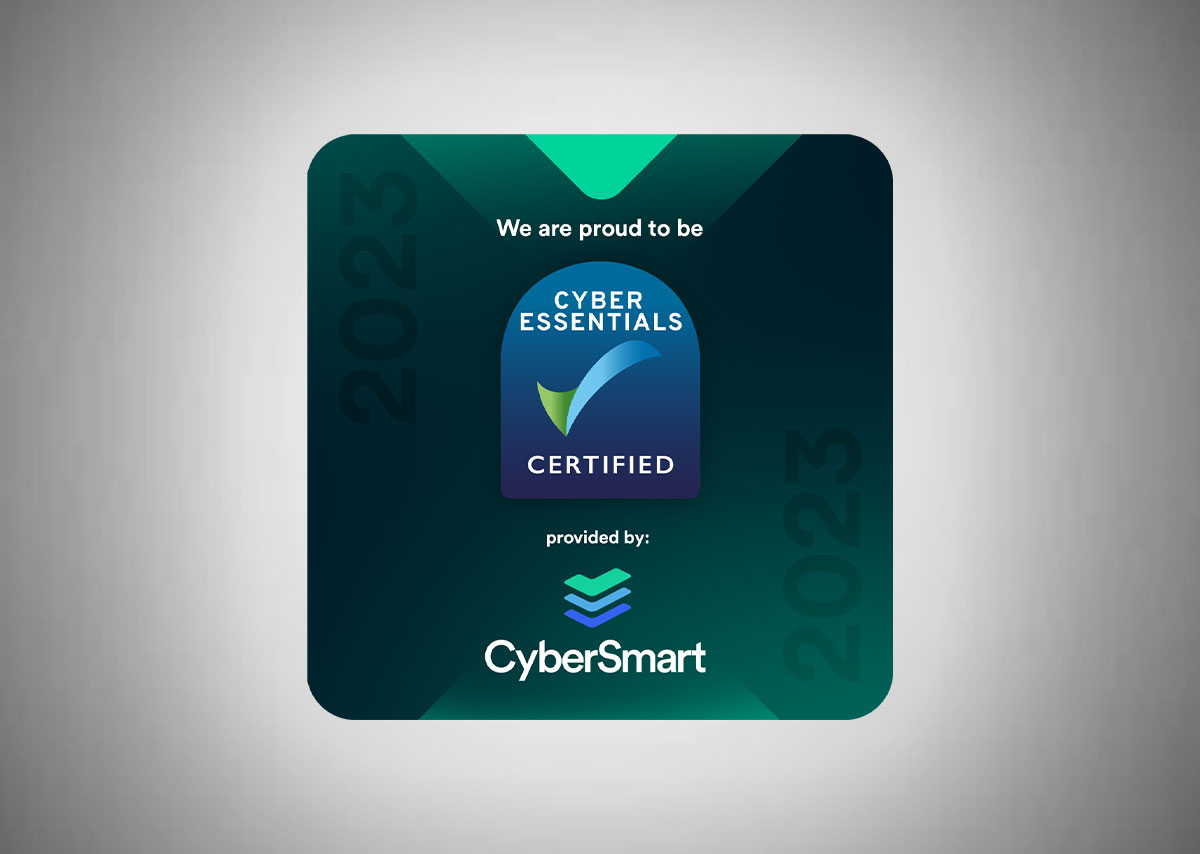
In the run-up to the Christmas festive period, one thing we see is an increase in cyber attacks. With people in the festive mood, using up the last of that annual leave and enjoying the sugar rush can take precedence over cyber awareness and make us more susceptible to attacks.
Here, Ceme’s Head of IT Chris George explains what you can do to help prevent attacks to your business.
Phishing
Phishing is when criminals use scam emails, text messages or phone calls to trick their victims. With companies trying to process their work before Christmas and individuals buying more online, the flood of e-mail receipts might mean we are less vigilant than usual and click on that rogue link.
At this time of year, it more important than ever that your business has a cyber incident response plan. This is a set of instructions designed to help a company prepare, detect, respond and recover from a cyber incident. These plans typically outline the recovery process so that all staff know what is required of them during a cyber incident, and this needs to be understood by everyone in your business.
Many of the electronic devices that we use today hold some form of personal or financial data, which is why it is so important to secure these devices with strong passwords or PIN codes and, where available, encryption should be enabled. We should ensure that these devices are kept up to date with regular software updates. Vulnerabilities found in software are fixed by updates, which can be controlled centrally for large organisations. But for smaller businesses, reviewing the security settings on all devices so that they are regularly updated is a good practice.
Ransomware
Ransomware has been an ever-growing cyber security threat, which could affect any organisation that does not have the right line of defence. Ransomware is a type of malware that blocks access to data from either your device or at the network level, locking out your device or stealing, deleting or encrypting the data. The best way to protect against this is with regular backups of your systems and data. There are many types of backup solutions, with the best dependent on your business size, requirements and budget. For more information, the National Cyber Security Centre has a Small Business Guide offering some simple steps to significantly protect your business and staff from cyber security risks.

